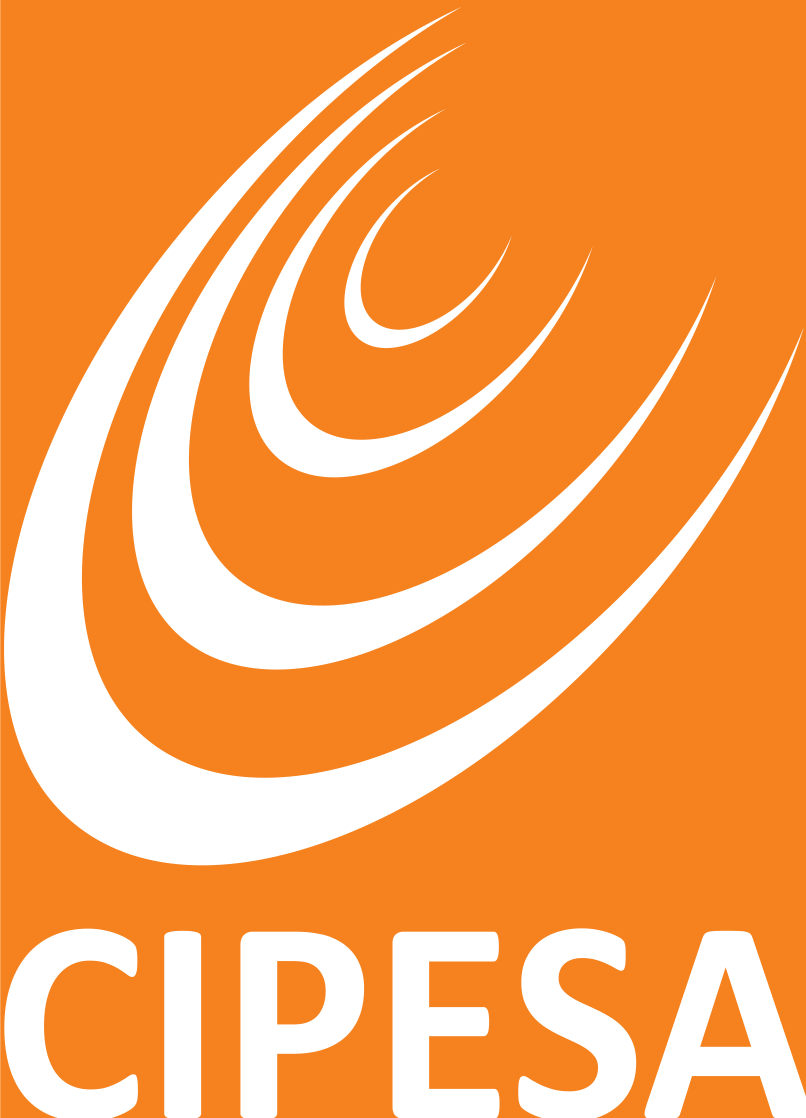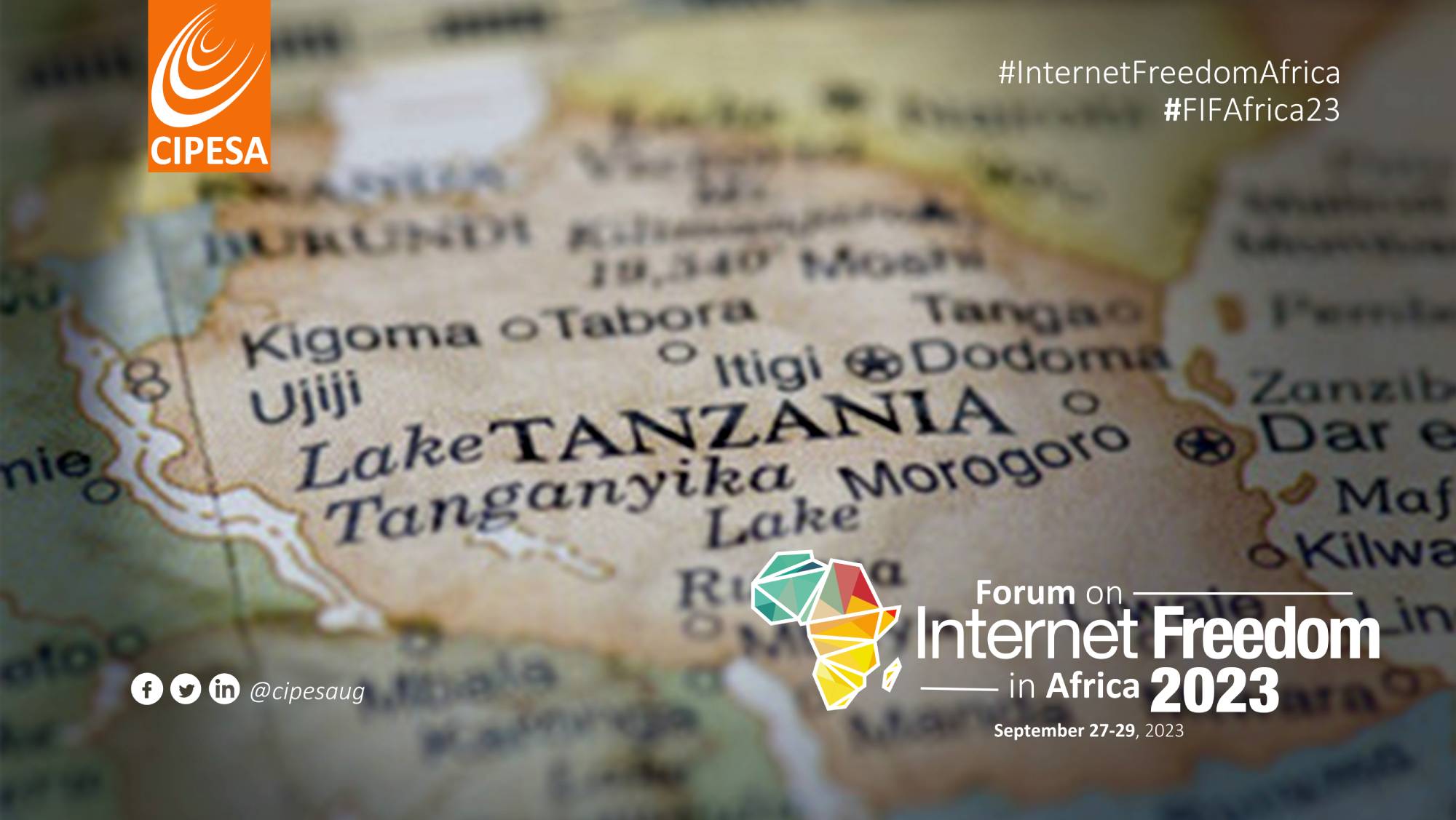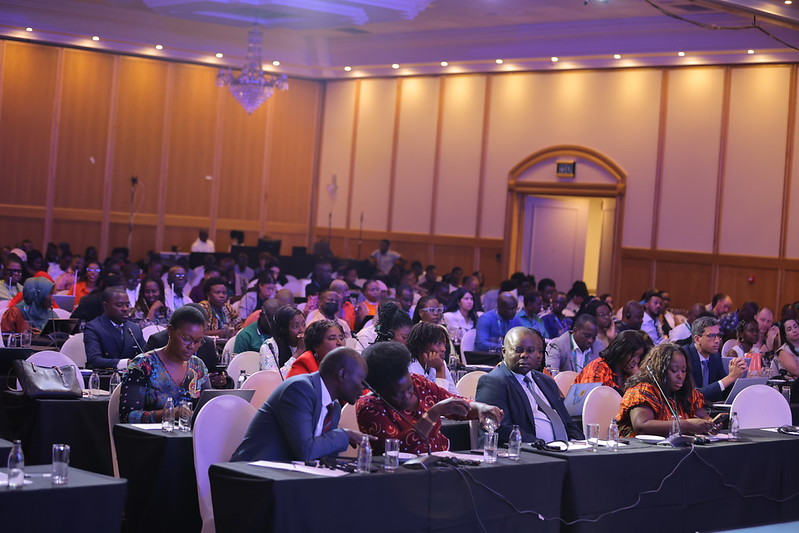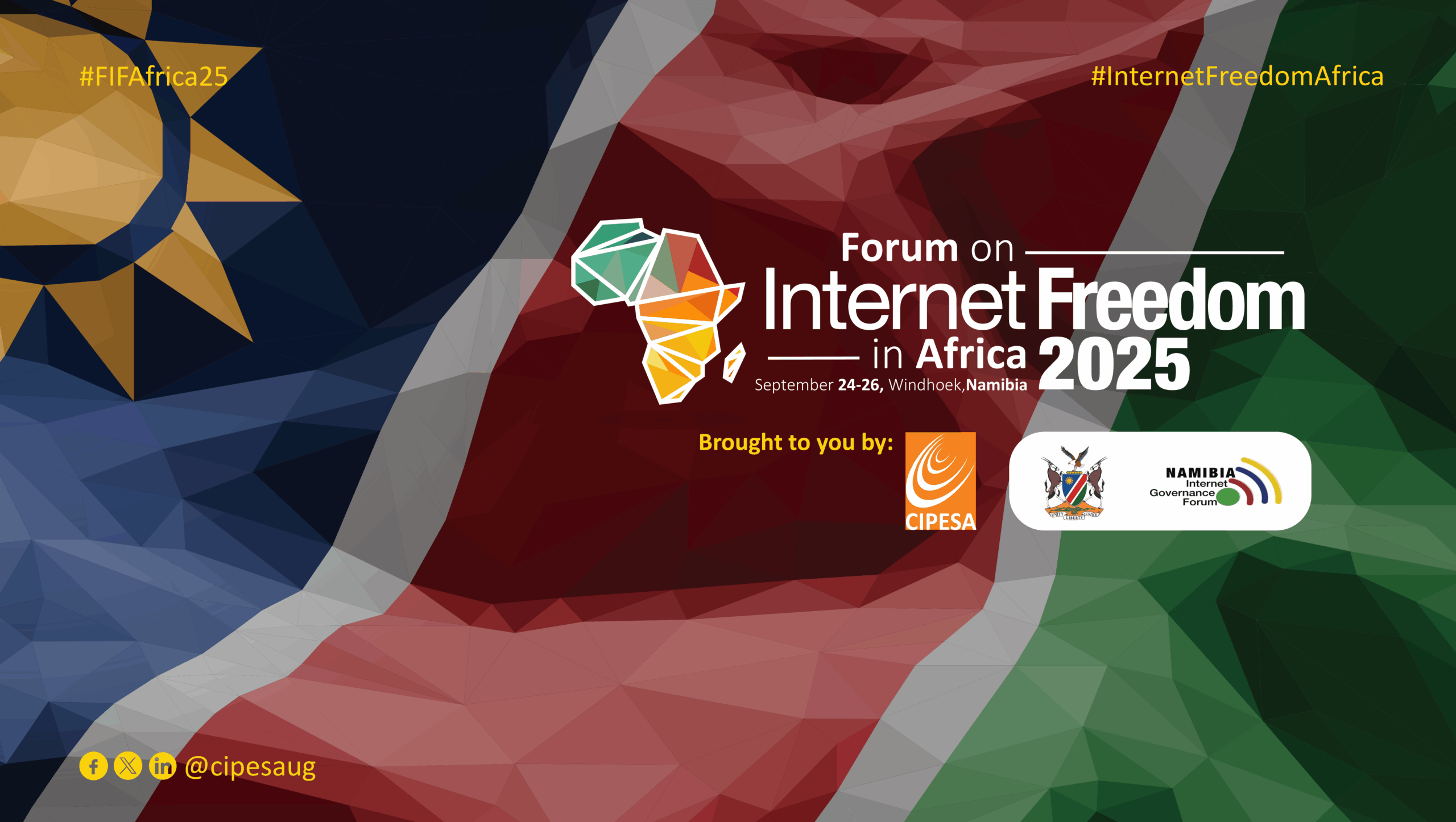By Yasmin Ahmed |
The Forum on Internet Freedom in Africa (FIFAfrica25), held in Windhoek, Namibia, by the Collaboration on International ICT Policy for East and Southern Africa (CIPESA), brought together stakeholders from across the digital rights community and beyond. Together, they engaged in critical discussions on digital governance, online freedoms, and human rights in the digital age. The dialogues and discussions underscored the urgency of safeguarding digital spaces and ensuring that technology serves as a tool of empowerment rather than exclusion.
The diversity of participants and their unique experiences enriched the conversation. Civil society leaders expressed deep concerns about data safety, digital inclusion, surveillance, and the alarming rise in technology-facilitated gender-based violence, calling for stronger protections and accountability mechanisms. Policymakers underscored the urgent need to address policy and regulatory gaps, particularly in response to emerging technologies such as Artificial Intelligence (AI) and their implications for rights and governance.
Meanwhile, researchers shared valuable data, findings, and publications that help shape evidence-based advocacy and inform policymaking. At the same time, grassroots advocates highlighted the importance of community engagement and ensuring that local and rural communities are meaningfully included in digital rights conversations that are often concentrated in urban areas. Each voice carried distinct value, from those offering technical expertise to those sharing lived community experiences to those shaping legal and policy frameworks.
Africa’s digital civic space is characterised by rapid growth, innovation, and increasing digital participation, yet marred with tightening state control, surveillance, internet shutdowns, disinformation, and digital exclusion. Across Africa, digital technologies have become powerful tools for activism, expression, and civic engagement – but they have also become arenas of control, where governments and powerful actors are increasingly using regulatory and technical measures to monitor, silence, or manipulate online discourse.
The rise of technology-facilitated gender-based violence, data misuse, and opaque AI and digital policy frameworks further compounds these challenges, leaving marginalised groups, especially women, youth, and rural communities, disproportionately vulnerable. As more African nations adopt digital transformation agendas, the gap between connectivity and digital rights protections continues to widen.
These realities made FIFAfrica25 both timely and urgent. The Forum served as a critical space for dialogue, accountability, and collective strategising, bringing together stakeholders from civil society, government, academia, and the private sector to reflect on the state of digital rights and co-create pathways toward a freer, safer, and more inclusive digital future for Africa.
In the civic and human rights ecosystem, solutions cannot be shouldered by one stakeholder alone. The challenges we face are too complex, too interconnected, and too deeply rooted. The pursuit of justice and equality demands collective action partnerships grounded in trust, mutual accountability, and a shared belief that every voice matters in shaping our digital future. Whether it is expanding access to justice, safeguarding digital rights, or defending fundamental freedoms, meaningful progress demands collaboration that cuts across sectors, disciplines, and borders. FIFAfrica25 was emphatic about building alliances, strengthening trust, and co-creating solutions that respond to Africa’s complex realities, from its rich cultural and linguistic diversity to its varied political contexts and persistent infrastructural challenges.
From the weeklong engagements, several recommendations emerged for the various stakeholders to not only improve the protection but also better the space for the enjoyment of digital rights and freedoms. Amongst the key emerging recommendations were:
Strengthen regional collaboration: Foster cross-border partnerships between civil society, governments, and private actors to harmonise digital policies, address shared threats, and promote safer digital ecosystems across Africa.
Invest in digital literacy and inclusion: Support programmes that build the digital skills of marginalised groups – especially women, youth, and rural communities – ensuring they can safely and meaningfully participate online.
Develop responsive legal and policy frameworks: Address gaps in existing laws to better regulate emerging technologies such as artificial intelligence, data protection, and online safety, while safeguarding freedom of expression and privacy.
Enhance multi-stakeholder dialogue: Institutionalise inclusive spaces for dialogue between policymakers, civil society, technologists, and researchers to ensure evidence-based, people-centered digital governance.
Promote ethical technology design: Encourage developers and companies to integrate African contexts – language, culture, and accessibility – into product design and deployment to foster digital equity.
Increase investment in online safety mechanisms: Establish sustainable, community-based reporting and response mechanisms for online gender-based violence and other forms of digital harm.
Support research and evidence generation: Prioritise funding for local research that informs advocacy, shapes policy, and captures lived experiences from communities often left out of digital rights conversations.




